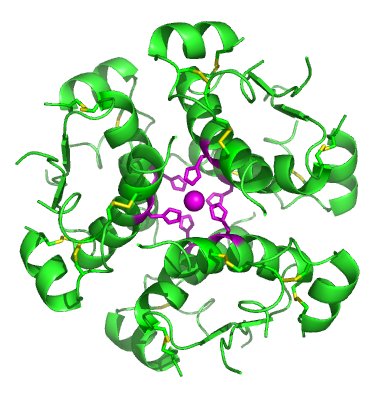The one thing that unites all of us, but for some strange reason it's a subject that rarely crops up in the forum.
Insulin. Possibly the single most important hormone in the human body. But what is it, how is it made (in us or in the lab.) and what does it do?
What is its effect on our health and are there optimum levels that enable us to lead long and healthy lives?
How can insulin be made most effective and how do we minimise the risks that it holds?
With a bit of luck, we might put together a thread that lots of people could find very useful.
What do you think?
fergus

Insulin. Possibly the single most important hormone in the human body. But what is it, how is it made (in us or in the lab.) and what does it do?
What is its effect on our health and are there optimum levels that enable us to lead long and healthy lives?
How can insulin be made most effective and how do we minimise the risks that it holds?
With a bit of luck, we might put together a thread that lots of people could find very useful.
What do you think?
fergus

